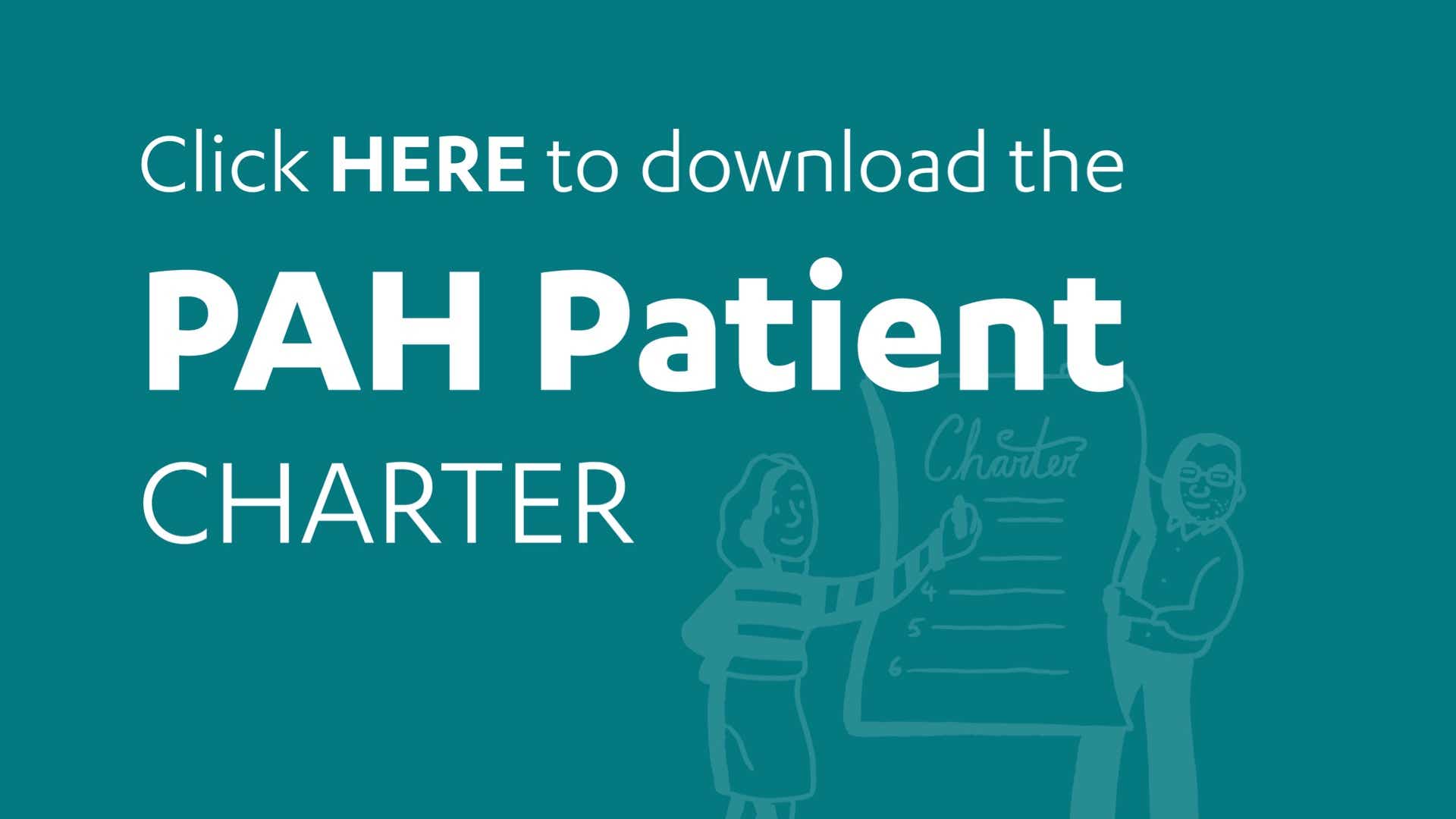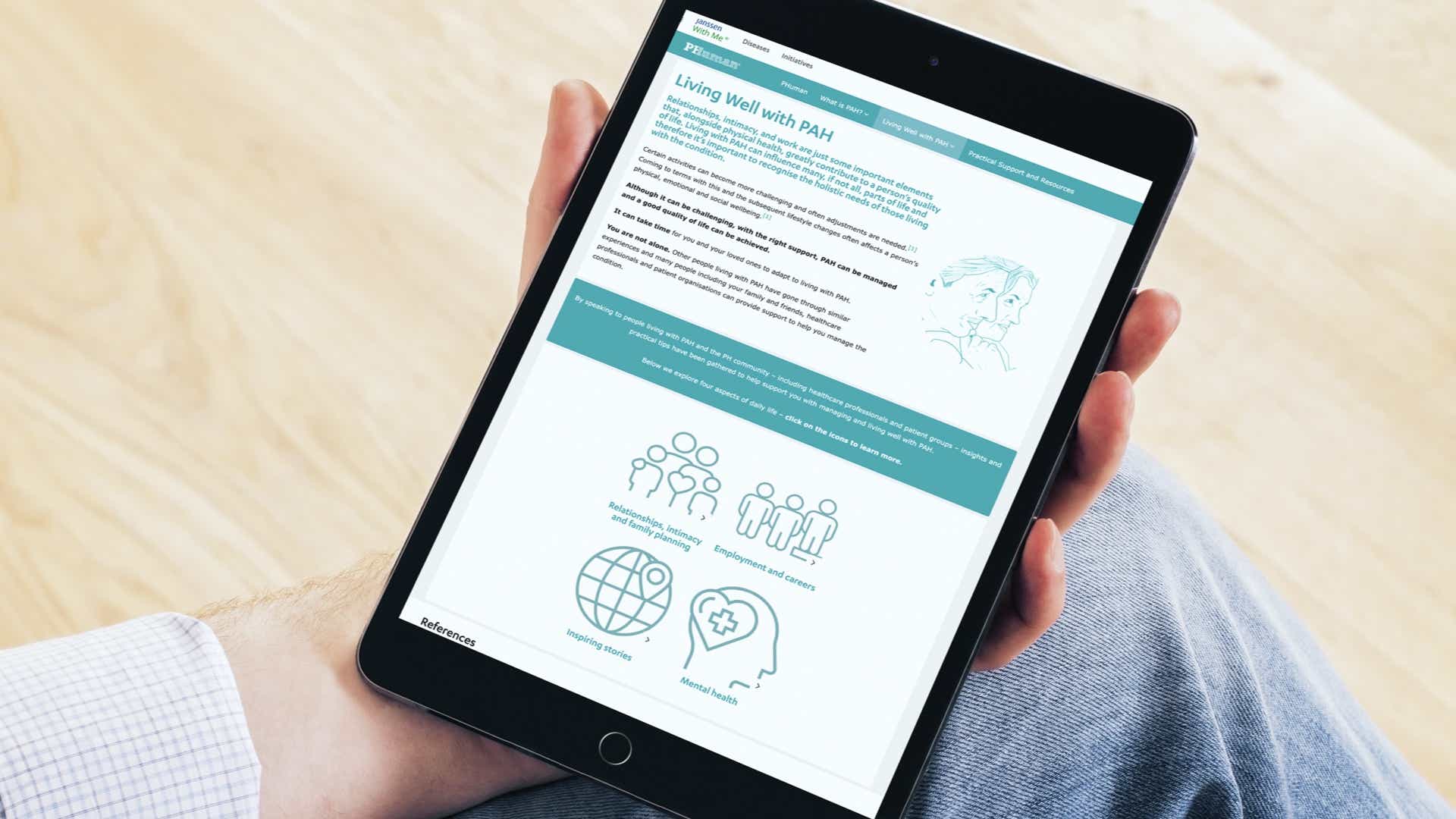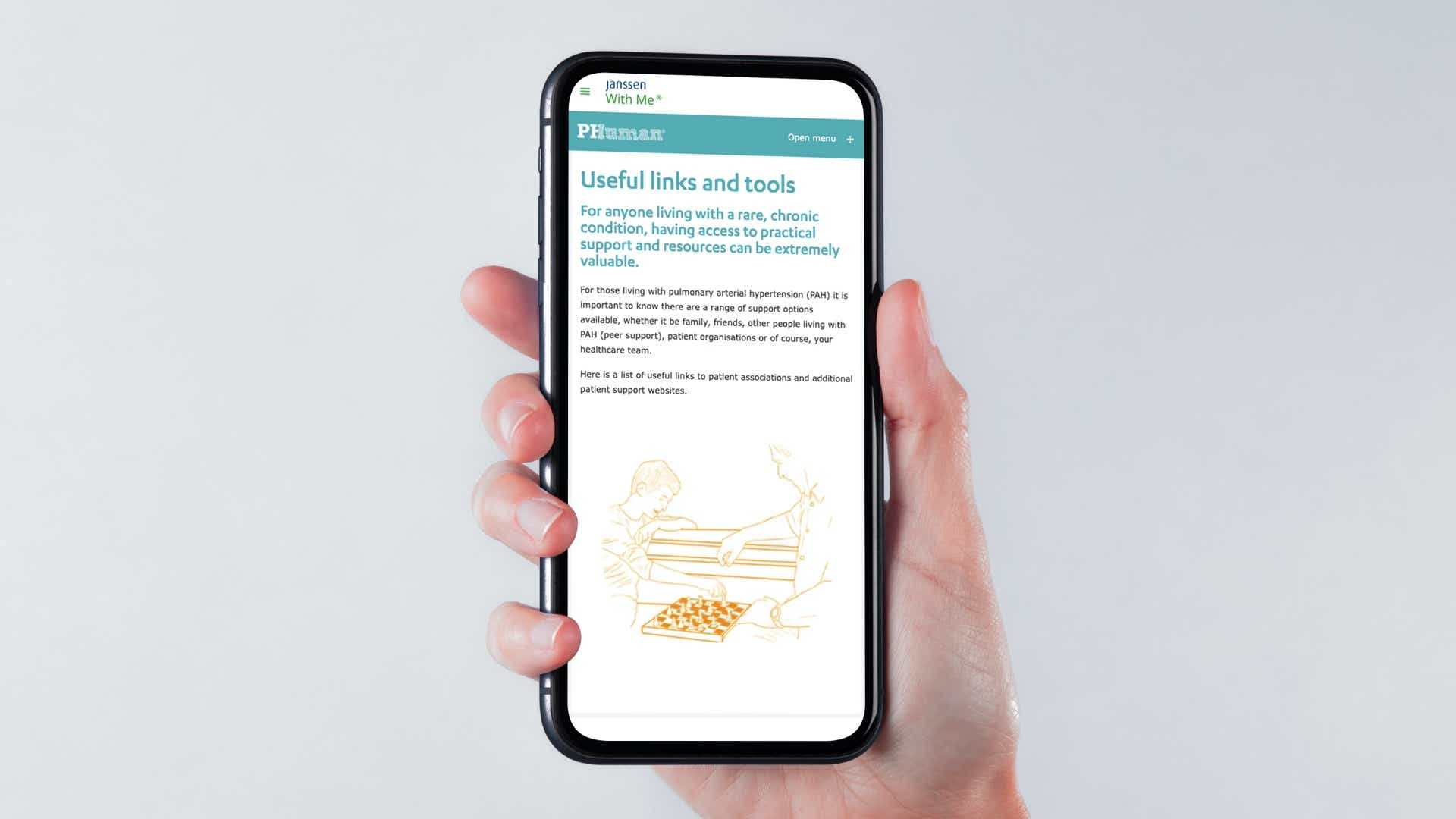Breathe In, Speak Out

Breathe In, Speak Out Conversation Kit
Speak out about PAH to make a difference. PAH comes with many challenges, and not all are physical. We know the journey can be daunting, lonely, and frustrating. We want to change this so it can be inspiring, hopeful, and empowering.
Speaking up about how you’re feeling, as well as what your
priorities and treatment management preferences are, can make
the difference in your experience with PAH.
You may be a person living with PAH or a family member, friend or loved one of someone that is. Breathe In, Speak Out recognises that everyone has a story to tell about their experience with PAH, and everyone can learn from the experiences of others.
That’s why we’ve created this
conversation kit, in partnership with the PAH community, in a digital or
downloadable format to provide the tools for you to help you play an
active role in managing your PAH and amplify your voice and your
experiences.
The conversation kit can help you to ask the right questions, discuss
your PAH with confidence and openness, and partner with your
healthcare team to make the best choices and get the most from your
PAH treatment. You can use these either by yourself, or with your family,
friends, and healthcare team.
Breathe In, Speak Out: this is your journey.

What's inside the conversation kit?
Download the conversation kit here, to take with you on the go

Did you find the conversation kit useful?
If so, why not share this page via X (formally known as Twitter), so that your friends, family, and social network can take a look for themselves!
Additional resources to support you

Use this worksheet to identify what is most important to you and your personal goals as you manage your PAH condition. The worksheet is intended to help you think about your personal PAH management goals; you can work with your friends and family to do so, and then use the worksheet to help guide discussions with your healthcare team. This will help them to create an appropriate management plan, tailored to your own goals.

Read the PAH Patient Charter, a consensus created by an international group of patients, patient advocacy group representatives and healthcare professionals, outlining the standards of holistic care that we believe everyone with PAH should receive. Based on the 2015 European Society of Cardiology/European Respiratory Society (ESC/ERS) guidelines, the PAH Patient Charter has been designed to ensure you are aware of the level of care you should be able to expect, from diagnosis to the ongoing management of your condition.


